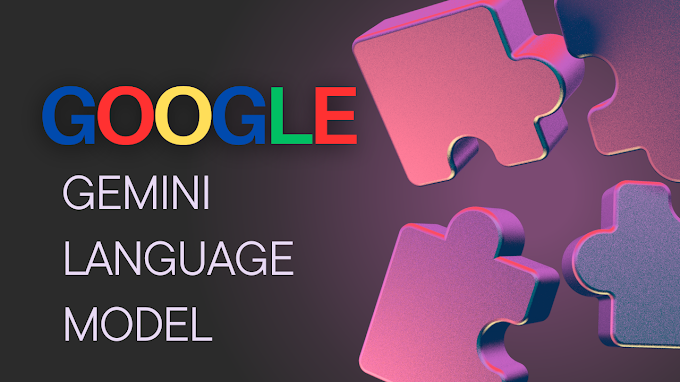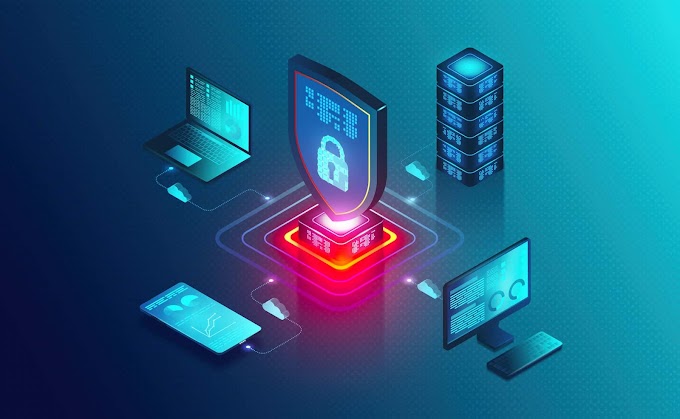Blockchain innovation, once known exclusively for controlling digital currencies, has developed into a flexible and problematic power across different enterprises. Its decentralized, straightforward, and secure nature has opened up additional opportunities that were already inconceivable. In this blog, we will investigate the steadily growing domain of blockchain, its center standards, and how it's changing different areas.
Understanding the Basics:
Before diving into its applications, let's grasp the fundamentals of blockchain:
- Decentralization: In contrast to conventional unified frameworks, blockchain works on a decentralized organization. It's kept up with by a disseminated organization of hubs, killing the requirement for delegates.
- Changelessness: Whenever information is recorded on a blockchain, it's basically difficult to modify.This immutability is a cornerstone of trust in blockchain systems.
- Security: Blockchain relies on complex cryptographic algorithms to ensure data integrity. It's considered highly secure due to its consensus mechanisms, making it resilient to hacks.
Blockchain Beyond Cryptocurrencies:
While Cryptocurrencies forms of money were the primary fruitful utilization of blockchain, the innovation has extended a long ways past computerized coins. Here are a few key regions where blockchain is having an effect:
1. Supply Chain Management:
Blockchain enhances transparency and traceability in supply chains. Organizations are utilizing it to follow the development of items from producer to purchaser. This lessens misrepresentation as well as guarantees the credibility of merchandise, like natural produce or extravagance things.
2. Finance and Banking:
Blockchain is reshaping the financial sector through faster and more cost-effective cross-border transactions. It's also enabling the development of decentralized finance (DeFi) applications, allowing users to borrow, lend, and trade assets without traditional intermediaries.
3. Healthcare:
Medical records stored on a blockchain can ensure data security and streamline access to patient information. Patients have more control over their healthcare data, sharing it with authorized parties when necessary.
4. Smart Contracts:
Smart contracts are self-executing contracts with the terms of the agreement directly written into code. They automate processes, reducing the need for intermediaries and the risk of fraud.
5. Voting Systems:
Blockchain-based voting systems aim to enhance the integrity and security of elections. By providing transparent and immutable records, they can bolster trust in the democratic process.
Challenges and Concerns
As blockchain technology evolves, it faces certain challenges:
- Scalability: Scaling blockchain networks to handle a high volume of transactions quickly and cost-effectively remains a challenge.
- Energy Consumption: Proof of Work (PoW) blockchains like Bitcoin consume substantial energy. Transitioning to more eco-friendly consensus mechanisms is a concern.
- Regulatory Issues: Governments worldwide are working to develop regulatory frameworks for blockchain and cryptocurrencies. These regulations can significantly impact the industry's future.
Blockchain's impact on our digital world is undeniable. Its commitment of straightforwardness, security, and decentralization is driving development in different areas, from money to medical care and then some. As blockchain innovation proceeds to advance and conquer its difficulties, we can hope to see more progressive applications that meaningfully have an impact on the manner in which we direct business and communicate with information. Remain tuned for the most recent advancements in the blockchain space, as this groundbreaking innovation reshapes our reality.








